A few years back, I had the pleasure of helping Dean Camara of Cineasta Digital Productions produce and edit the Emmy nominated second season of a PBS travel series called, Maria's Portuguese Table.
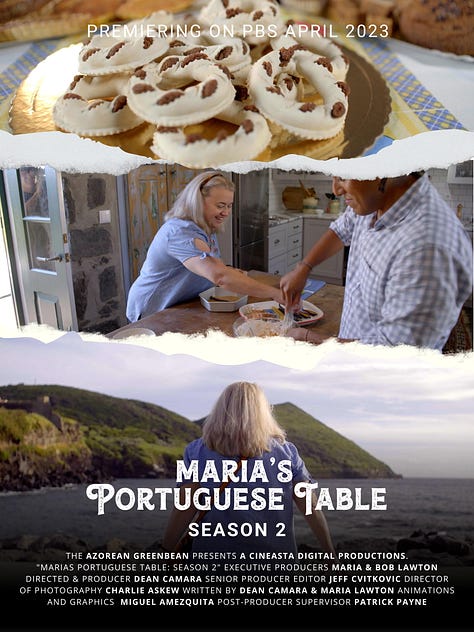
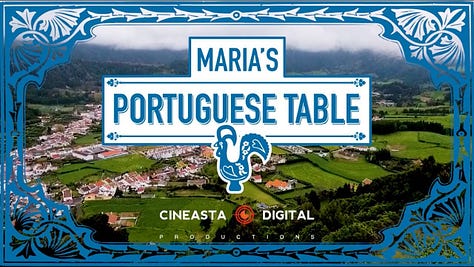

In one memorable episode on Pico Island in the Azores, Maria encountered Czar wine, a rare raisin wine crafted in a small vineyard. Most years they make less than 1,000 bottles, and some years none - if it isn’t up to their standards. Maria’s first sip left her puzzled—the taste was unlike anything she'd experienced before. But with the second sip, something magical happened: she declared it the finest wine she'd ever tasted. The vineyard owner, Fortunato Garcia, simply nodded and explained that the first sip prepares your body for something entirely new, something outside the box. Initially, you’re not prepared to experience something so special.
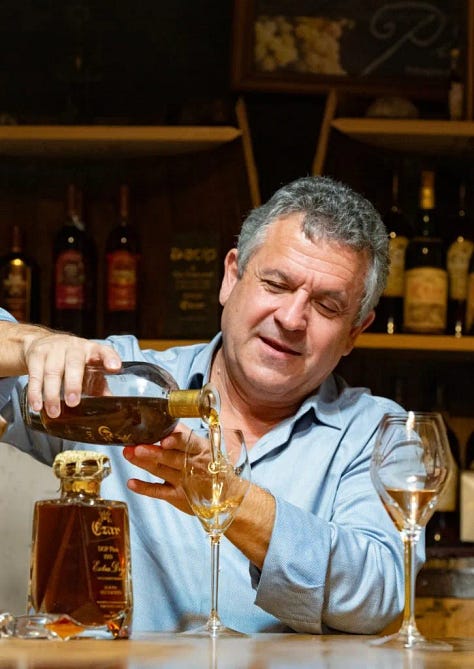
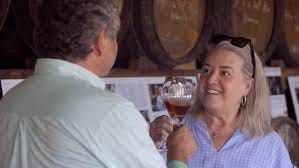

This experience Maria had with Czar wine stuck with me, and it comes to mind when thinking about a growing issue in our digital age. Algorithm-driven content recommendations on platforms like Instagram, Spotify, and TikTok, as well as Netflix, Hulu, and Amazon, excel at showing us content we're likely to "like" based on our previous behaviors. But in doing so, they may be preventing us from discovering things we might truly love. Love, whether for people, ideas, or art, often emerges from an initial challenge or discomfort. We are rarely ready for love. Instead, it requires an adjustment period—a second sip, if you will—but algorithms filter out these experiences because we don't immediately react positively.
The Science of the "Like" and Its Hidden Costs
The "like" button operates on the principle of instant gratification. Harvard studies reveal that receiving a "like" activates the same reward centers in our brains as real-world compliments.
This creates a feedback loop favoring quick satisfaction over deeper engagement. Meanwhile, algorithmic systems like YouTube, Spotify, or Netflix often trap us in what author Eli Pariser calls a "filter bubble," reinforcing our existing preferences while limiting exposure to unfamiliar and potentially challenging content.
These dopamine-driven feedback loops aren't just changing how we consume content—they're reshaping our capacity for cultural discovery. When every recommendation is based on what we've liked before, we lose the opportunity for those jarring, transformative encounters that often lead to our deepest passions.
When Initial Doubt Blooms into Love
I vividly remember the first time I heard The Strokes' debut album "Is This It?" in 2001. It wasn't love at first listen—the sound was neither as raw as punk nor as polished as the mainstream rock and pop of the time. But something about it made me keep returning, and thousands of listens later, The Strokes remain my favorite band.
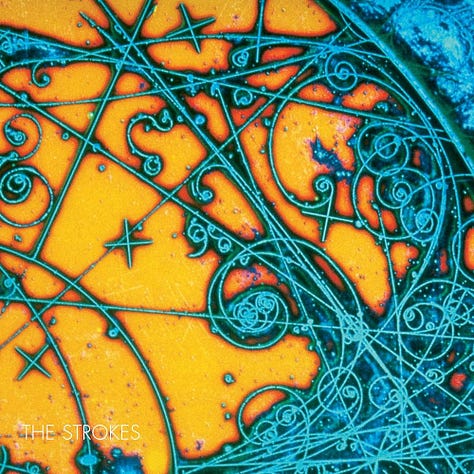
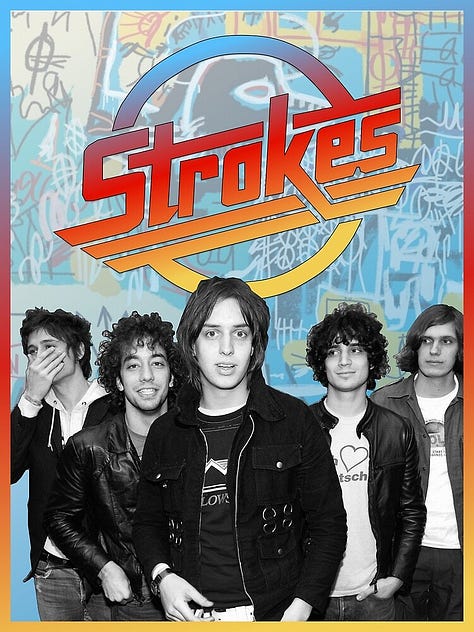
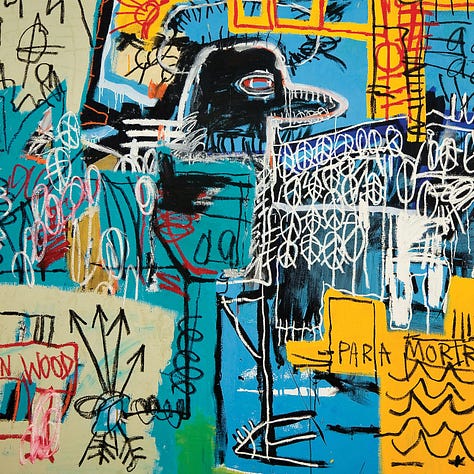
Their 2020 Grammy winning album “The New Abnormal” is my favorite album ever. In today's algorithmic world, would I have given it enough chances to work its magic? Or would it have disappeared from my feed after that first uncertain encounter?
This pattern extends far beyond art and entertainment. Consider parenthood—arguably life's deepest experience of love. The daily reality of raising children is filled with moments that, in isolation, you definitely don’t "like": sleepless nights, tantrums, the constant juggle of responsibilities.
Yet these challenges are woven into a tapestry of profound love that goes so far beyond the immediate gratification of a "like" button. It's a poignant reminder that our most meaningful experiences often can't be reduced to likes or dislikes.
The Essential Role of Challenge
Research on a psychological effect known as the “Mere Exposure Effect” suggests that people often develop preferences for things through repeated exposure, even if they didn't like them initially. This stands in stark contrast to the algorithmic focus on instant "likes," which fails to account for how love can grow through repeated or challenging encounters.
Breaking Free from Algorithmic Constraints
So how do we resist this flattening of experience? Here are some practical approaches:
First, build deliberate challenges into your discovery process. Set aside time to explore without the algorithm's guidance. Visit physical bookstores, record shops, or art galleries. When streaming music or movies, occasionally choose something completely outside your usual taste.
[Note: Doing this, I recently found my way to this: SYML - LIVE AT HANGER 30. And actually, I challenge anyone not to fall in love with this the first listen!]
Second, practice the art of the second sip. When you encounter something that puzzles or challenges you, resist the urge to immediately scroll past. Give it another moment, another listen, another try. Some of life's most rewarding experiences start with uncertainty.
Finally, create spaces for chance. Turn off autoplay features. Disable some recommendations. Let yourself be bored. These empty spaces often lead to unexpected discoveries that algorithms might never surface.
Finding Love Beyond the Algorithm
In a world increasingly driven by algorithms, it’s important to actively seek out experiences and content that challenge us, that make us uncomfortable, or that we don't immediately "like" - things which take a second sip.
PS: This post is dedicated to my dad, on what would have been his 76th birthday. He was a career psychologist, and I’m sure would have appreciated this line of thought. Also, he always challenged me to be a better version of myself, so, thanks, pops.


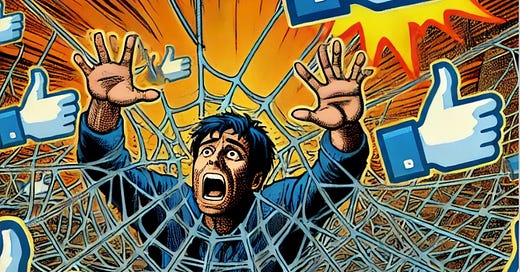








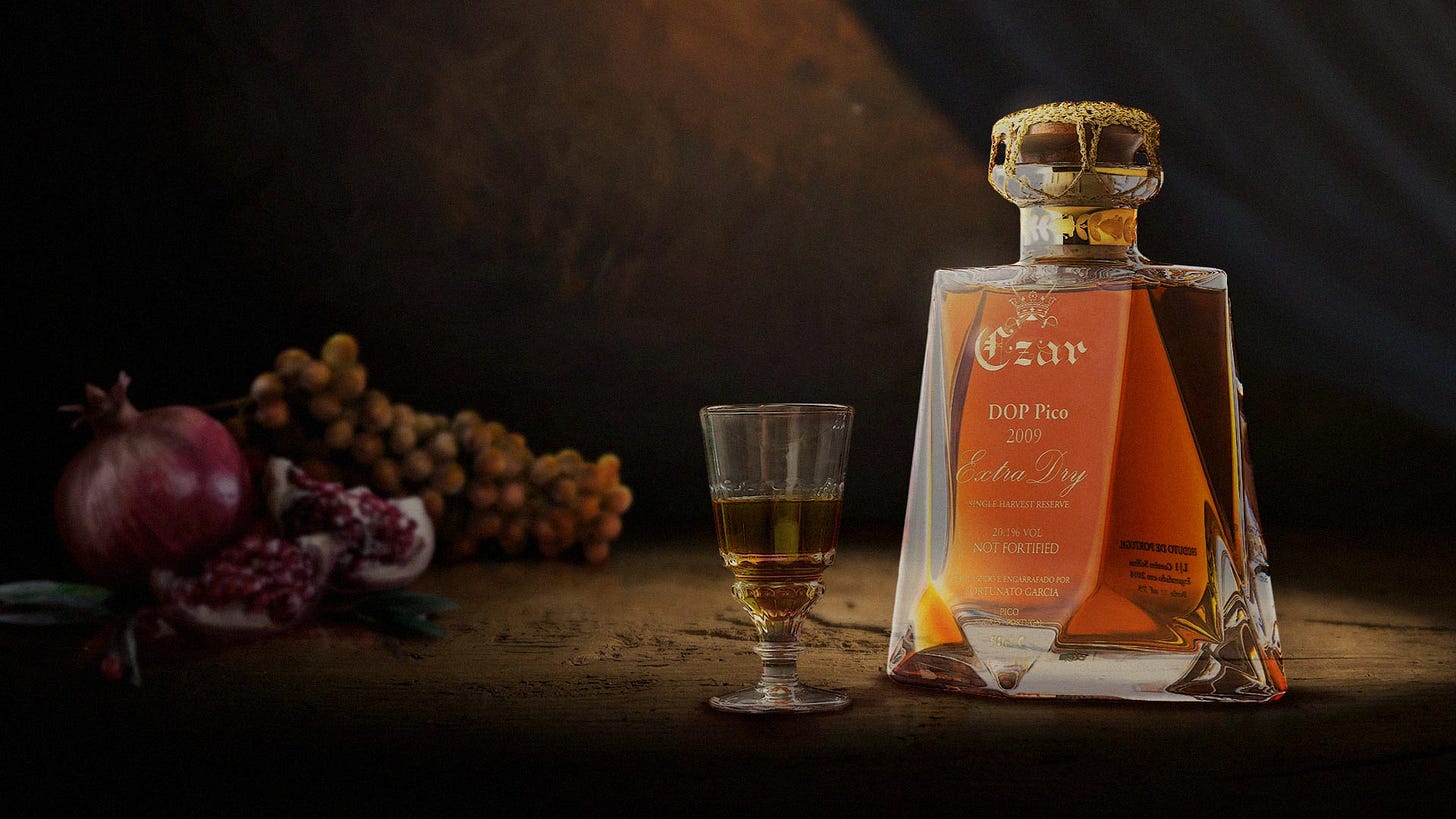
I couldn’t agree more, Jeff. I think, at its best, art cracks open a new way of experiencing something. Magic is in surprise. Part of the objective for art, as I imagine it, is to defy expectation. It’s no wonder art is so often averse to commercialization, which thrives on creating and meeting expectation.
Ps - the line about “flattening” reminded me of a wonderful philosophy graphic novel (!) called “Unflattering” — which was fitting to the spirit of the post.
Practice the art of the second sip... That will stick with me